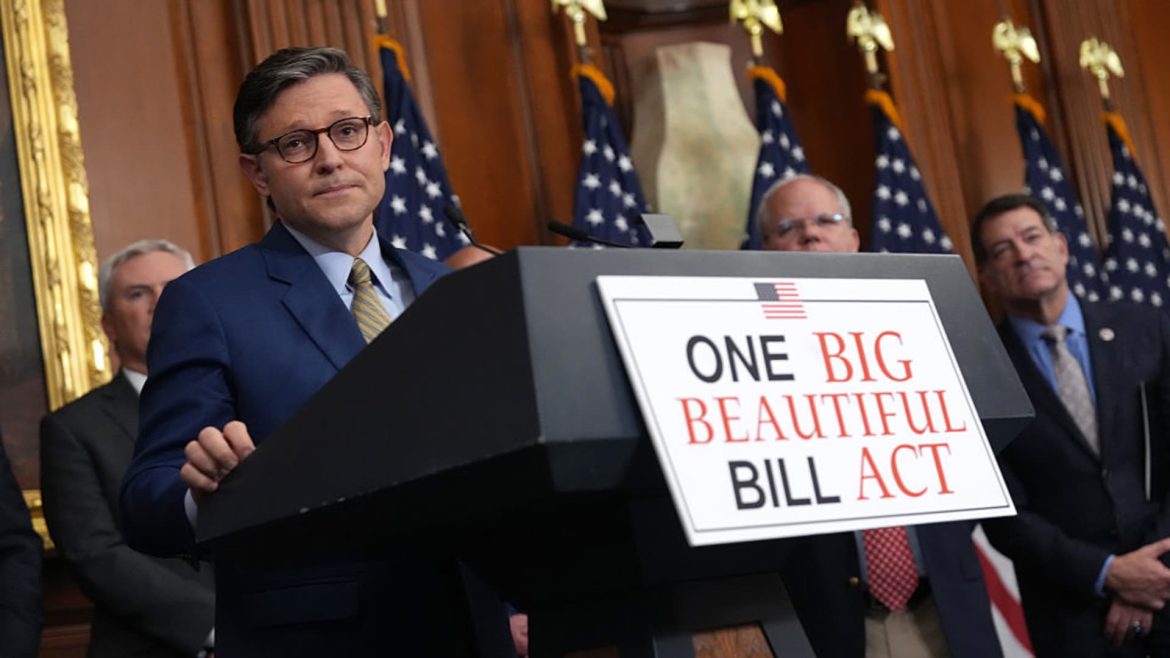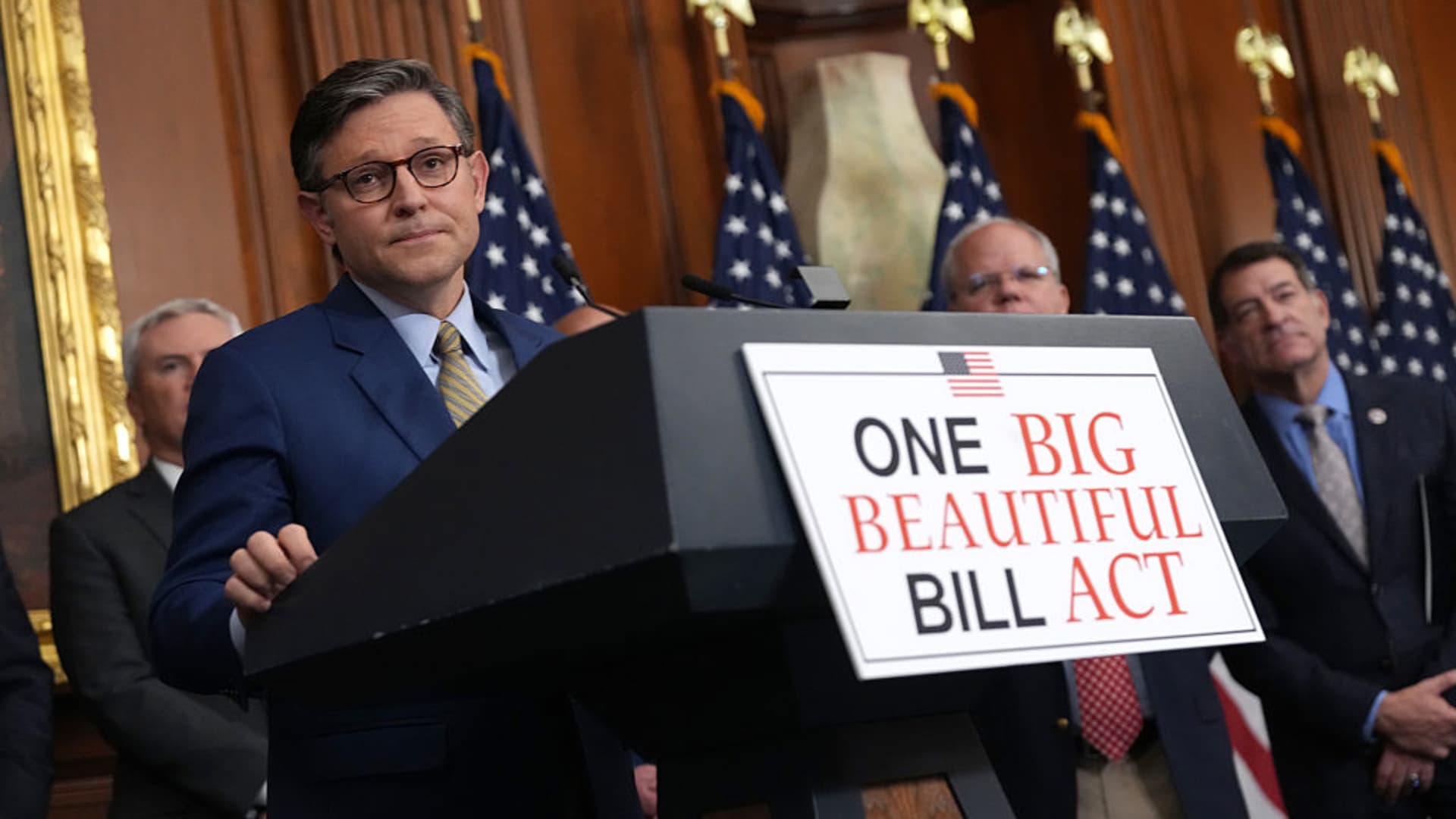The Emerging Impact of Section 899 in H.R. 1 on U.S. Taxation of Foreign Investors
—
The recent passage of House Bill H.R. 1 on May 22, 2025, brings to the forefront a significant shift in the U.S. taxation landscape, particularly concerning foreign investors. Among its diverse provisions aimed primarily at domestic taxpayers, Section 899 — titled “Enforcement Remedies Against Unfair Foreign Taxes” — stands out as a potentially transformative measure with wide-reaching implications for foreign entities holding investments in the United States. This detailed analysis explores the core facets of Section 899, its potential repercussions on foreign investment, and the broader ripple effects across global markets.
The Core of Section 899: Addressing “Unfair” Foreign Tax Practices
While H.R. 1 is largely oriented towards domestic tax reforms, Section 899 aims to counteract what the U.S. government perceives as unfair foreign taxation practices that disadvantage American interests abroad. This provision is framed as a defensive response designed to recalibrate the playing field for U.S. investors facing onerous foreign tax obligations. However, its scope encompasses foreign taxpayers investing in U.S.-based assets as well, thereby recalibrating how the U.S. taxes multinational investment activities.
Notably, Section 899 has been characterized as a measure that could dramatically alter the taxation of foreign pension funds, sovereign wealth funds, foreign funds, and other institutional investors. The language of the provision is broad enough that it could disrupt established cross-border investment relationships by increasing the U.S. tax burden on these foreign-held assets, independent of the presence of existing tax treaties.
A Wake-up Call for Global Capital: Wall Street’s Concerns
Investment banks and fund managers have voiced significant concerns about the potential of Section 899 to escalate tensions from trade conflicts into what may be considered a new “capital war.” This is a pivotal moment because the increasingly hostile posture encapsulated in this tax measure threatens the symbiotic relationship that has historically benefited the U.S. economy by attracting and maintaining robust foreign investment.
The proposal has induced jitters on Wall Street, signaling unease about potential retaliatory measures from other countries and the possibility of a reduction in foreign capital inflows. Given that foreign firms have invested over $177 billion in the U.S., any deterrent effect could constrict the availability of foreign capital critical to economic growth, job creation, and innovation.
Fund Managers as Active Lobbyists: Attempting to Mitigate the Blow
Fund managers and institutional investor representatives have proactively engaged Congress to challenge Section 899 due to fears that the provision represents a form of “collateral damage.” Their lobbying centers on the risk that punitive U.S. tax measures will drive foreign investors to divert capital away from the American market, severely impacting liquidity and asset valuations.
These financial intermediaries argue that while the goal might be to tackle unfair foreign taxes abroad, the unintended domestic consequences could be severe. The current lobbying efforts highlight the delicate balance policymakers must strike between protecting domestic economic interests and preserving the U.S. investment environment’s attractiveness and competitiveness.
The Complex Legal and Treaty Landscape
One of the most complicated aspects of Section 899 is its interaction with existing tax treaties. Generally, tax treaties between the U.S. and foreign countries serve to reduce withholding tax rates and provide dispute resolution mechanisms. However, early analyses suggest that Section 899 is expected to override such treaty benefits in many cases, thereby imposing higher effective tax rates on foreign investors despite treaty protections.
Notably, certain categories of foreign companies, especially those majority-owned by U.S. persons (such as Controlled Foreign Corporations or Partnerships), might be exempted or unaffected by the provision. Still, the broad reach of Section 899 means many foreign investors without such ownership structures remain exposed to increased tax liabilities, amplifying concerns about legal uncertainty and compliance burdens.
Additionally, the provision extends the base erosion and anti-abuse tax (BEAT) principles, further complicating tax planning for international investors and asset managers.
The Strategic and Economic Implications
The design of Section 899 reflects an aggressive stance aimed at imposing higher U.S. tax rates on foreign investors to counterbalance “unfair foreign tax” regimes. While this might be strategically intended to protect American jobs and investment, the economic consequences could cut the other way:
– Reduced Foreign Investment: Heightened tax burdens may incentivize foreign funds to reallocate capital away from the U.S., reducing the pools of investment available for American businesses.
– Market Volatility: The uncertainty surrounding new tax liabilities and compliance requirements can cause volatility in capital markets, affecting asset prices and investor confidence.
– Retaliation Risk: Other countries might respond with their own tax or regulatory measures against American investors abroad, exacerbating trade and capital tensions.
– Impact on Pension and Sovereign Funds: These long-term investors, crucial for stable capital inflow, may find U.S. markets less attractive, threatening stable economic support.
Conclusion: Navigating a New Tax Frontier
Section 899, embedded within the broader H.R. 1 tax reform, signals a critical evolution in U.S. tax policy that reverberates through the complex networks of global investment. Far from a narrow domestic tax tool, it represents a bold foray into addressing perceived disparities in international taxation but at a substantial cost to the openness and competitiveness of the U.S. investment climate.
The path forward requires careful consideration by policymakers to balance enforcement against unfair foreign tax practices with the need to sustain foreign investment dynamics that underpin American prosperity. The lobbying efforts by fund managers underscore the necessity of nuanced policy calibrations to avoid unintended economic harm.
Foreign investors, asset managers, and legal advisors must closely monitor the development of Section 899 as it moves through legislative processes and potential enactment. Understanding the interplay with existing treaties, ownership structures, and international tax environments will be paramount in navigating this emerging tax frontier. Ultimately, the impact of this legislation will transcend technical tax calculations and shape the future of the U.S. as a destination for global capital.





